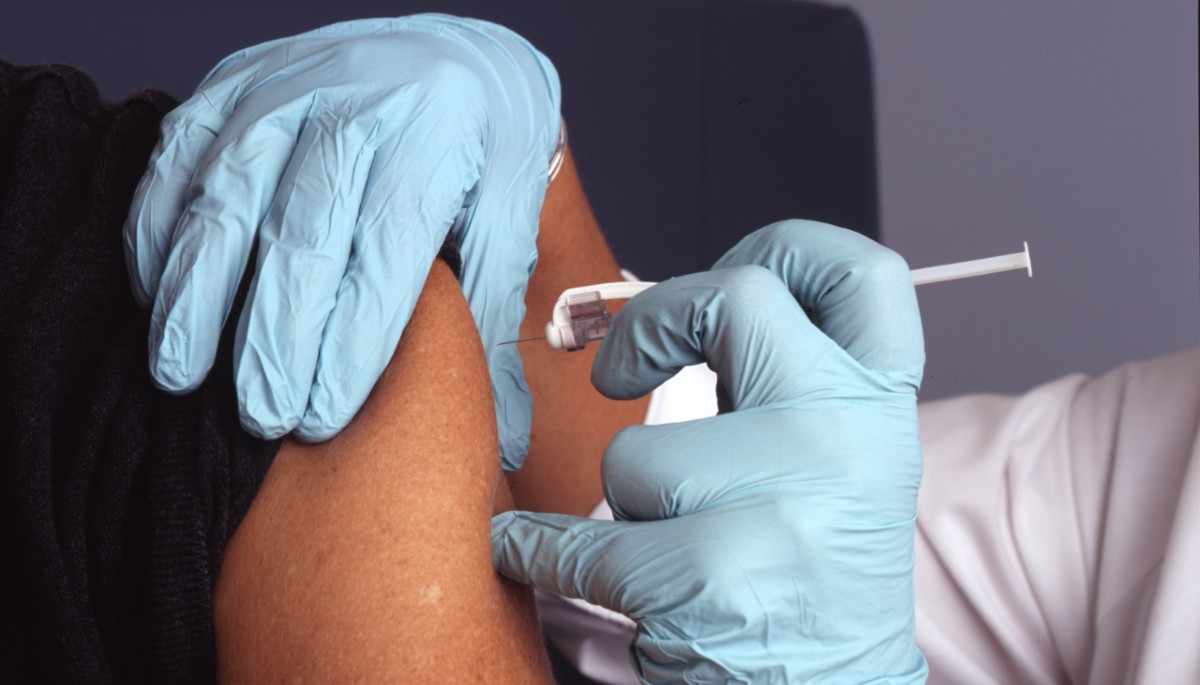
Should governments sweeten the vaccine pill with incentives?
Pay people to be vaccinated, says Julian Savulescu
Governments all over the world are desperate to distribute an effective vaccine for Covid-19. In May President Trump announced Operation Warp Speed – “a massive scientific, industrial, and logistical endeavor unlike anything our country has seen since the Manhattan Project” to develop a vaccine before the end of the year.
Trouble is, how do you convince enough people to get a vaccine to achieve herd immunity? Researchers differ, but some believe that as many as 82% need to be vaccinated. In the United States, a country with a strong anti-vaccination movement, this could be difficult. According to a paper in JAMA, “Recent surveys … suggest only 3 in 4 people would get vaccinated if a COVID-19 vaccine were available, and only 30% would want to receive the vaccine soon after it becomes available.”
Oxford’s Julian Savulescu has proposed a solution in the Practical Ethics blog: pay people to be vaccinated.
The advantage of payment for risk is that people are choosing voluntarily to take it on. As long as we are accurate in conveying the limitations in our confidence about the risks and benefits of a vaccine, then it is up to individuals to judge whether they are worth payment.
Indeed, if a vaccine is judged to be safe enough to be used without payment, then it is safe enough to be used with payment.
A payment model could also be superior to a mandatory model. There may be considerable resistance to a mandatory model which may make it difficult, expensive and time consuming to implement, with considerable invasion of liberty. In a payment model, people are doing what they want to do.
A payment model could also be very cheap, compared to the alternatives.
The incentive need not be in cash. People who have been vaccinated could receive special privileges, like being able to walk around without a mask or not to socially distance.
Some might object that this is shaming the non-vaccinators (some of whom might be excluded from vaccination for health reasons), just as presenting those who evaded conscription with a white feather was a method of shaming perceived free-riders. But there is a good reason to require the non-vaccinated to continue to wear masks and practice social distancing: they do represent a threat to others, a direct threat.
Savulescu concludes that a mixture of policies could be developed as an alternative to mandatory vaccination.
It is better that people voluntarily choose on the basis of reasons to act well, rather than being forced to do so. Structuring the rewards and punishments in a just and fair way is one way of giving people reasons for action.
Michael Cook is editor of BioEdge
Creative commons
https://www.bioedge.org/images/2008images/national-cancer-institute-fi3zHLxWrYw-unsplash_(1).jpg
coronavirus
